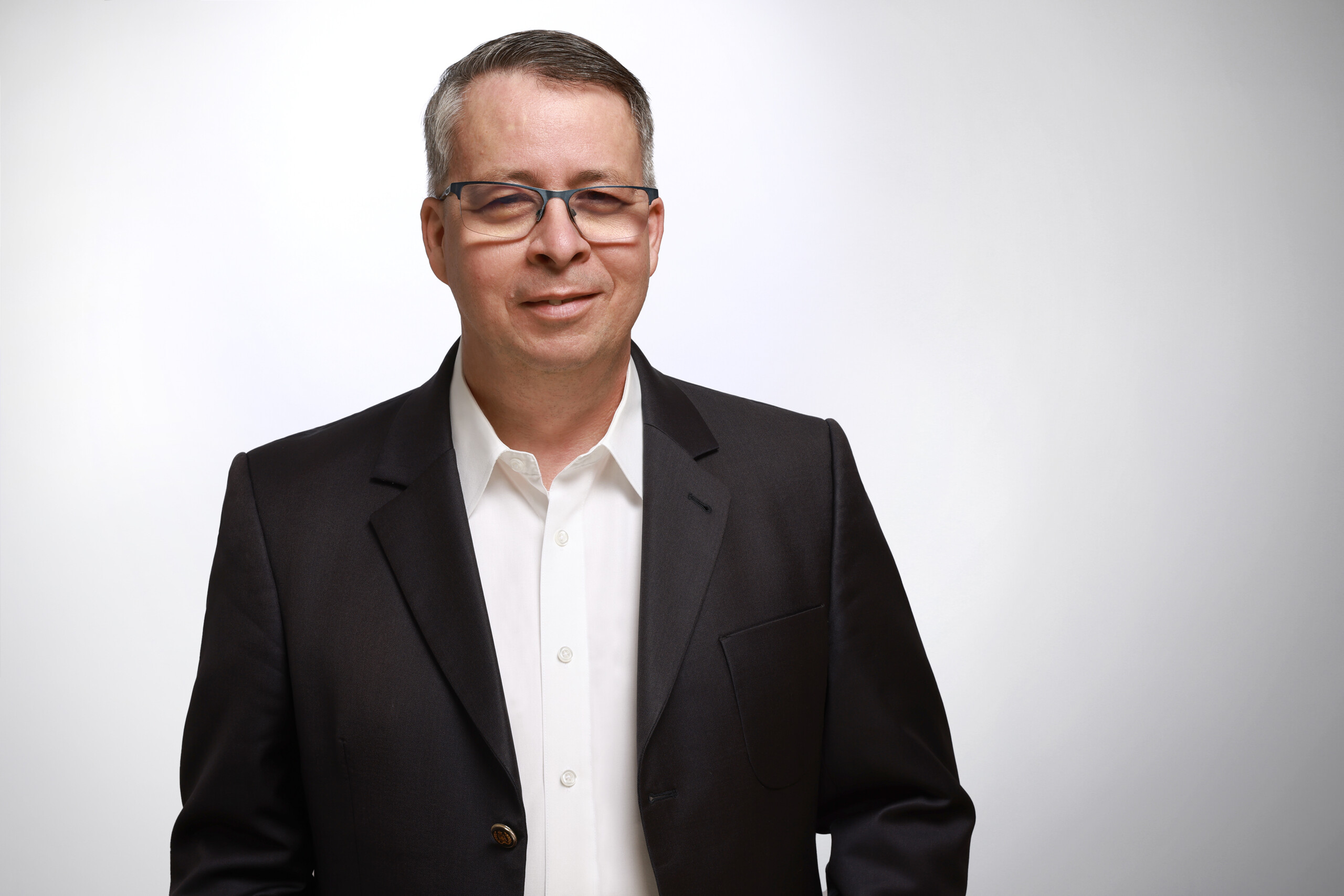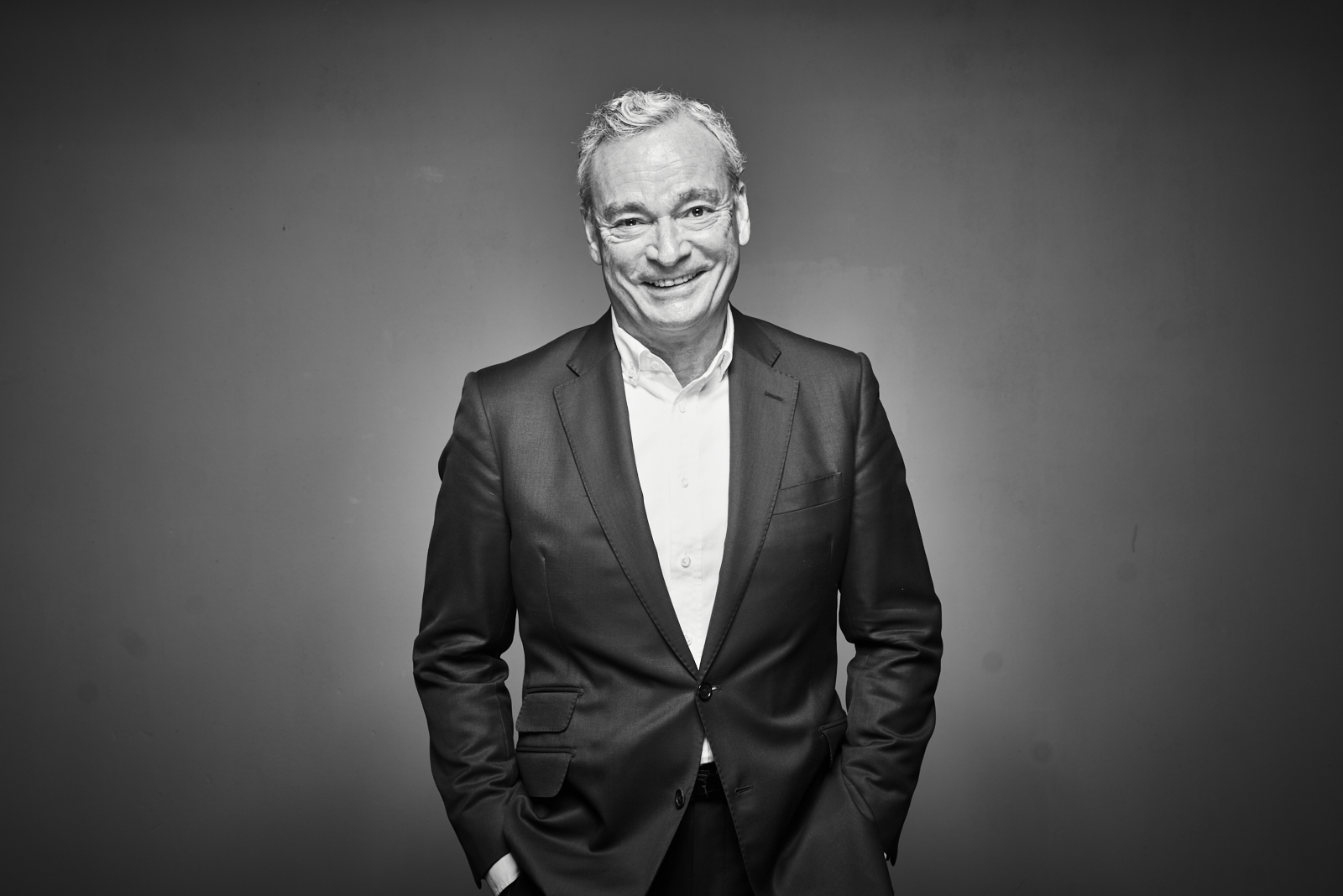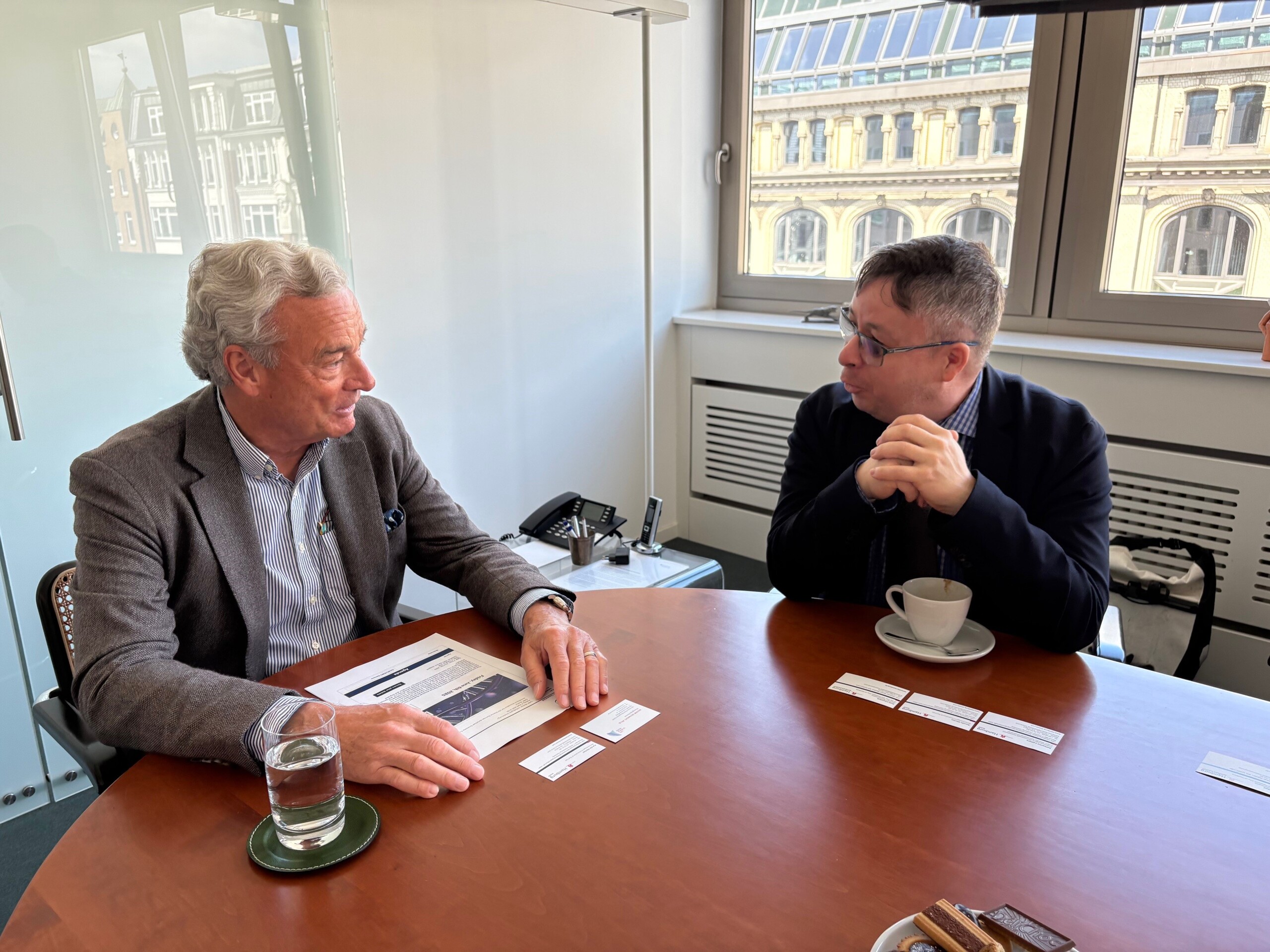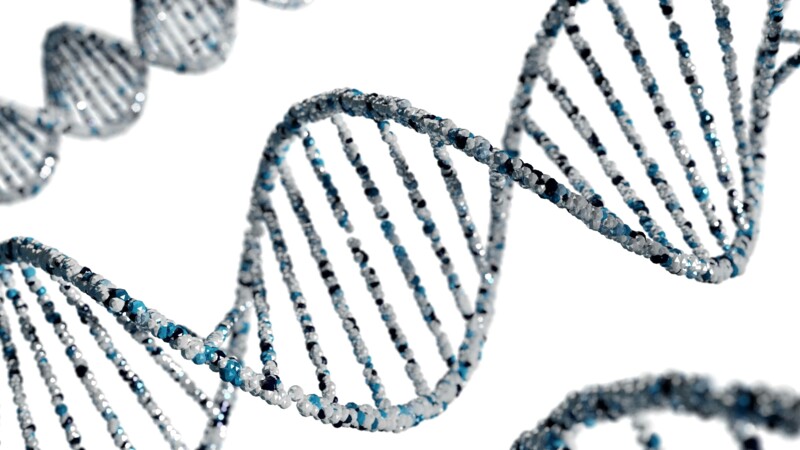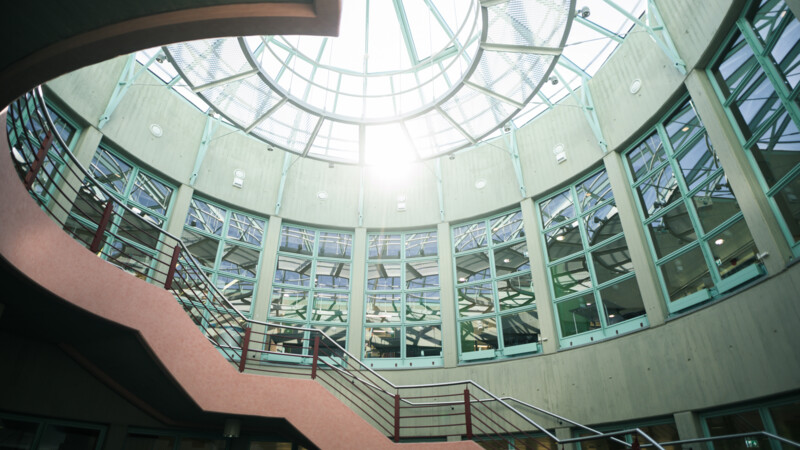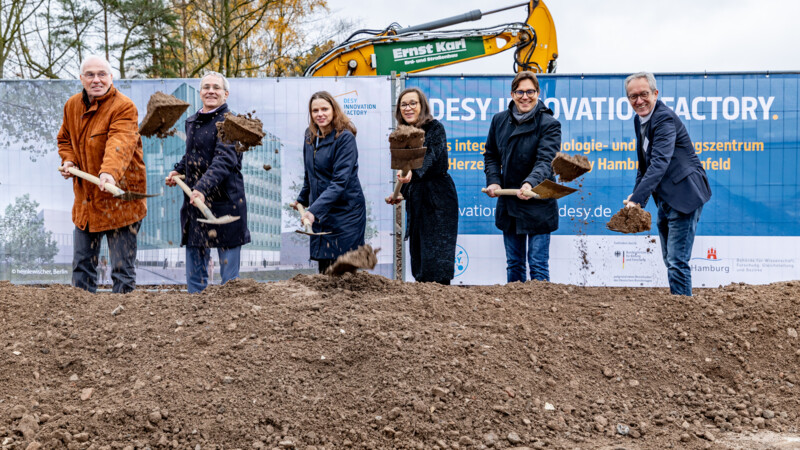Hamburg News: Mr. Liesenfeld, what are your tasks as honorary HamburgAmbassador to Boston appointed by the City of Hamburg?
Bodo Liesenfeld: One of our most important tasks is to make Hamburg better known, to raise its visibility abroad and to network where possible. A few years ago, for instance, I brought a life science and a venture capital company to Hamburg. At the time, it failed due to a lack of laboratory space. Today, we have an entirely different situation thanks to the innovation park in Altona, the right laboratory space and great infrastructure. There have been plenty of developments since then.
Hamburg News: What are you planning at the moment?
Bodo Liesenfeld: We are currently planning the German-American Economic Forum which will focus on the life sciences and includes top-calibre speakers as well as Hamburg's own Mr Oliver Schacht. The U.S. life science centre will open on June 6, 2025 in Boston. I set up the German-American Business Council in 2019 to boost German-American business relations. Then COVID-19 broke out, and it became a series of seven online events in 2020. Now we want to revive that.
